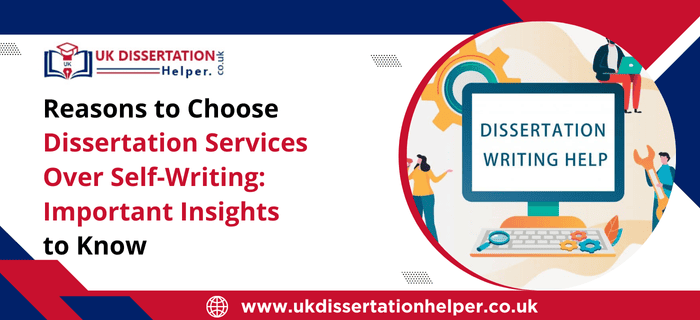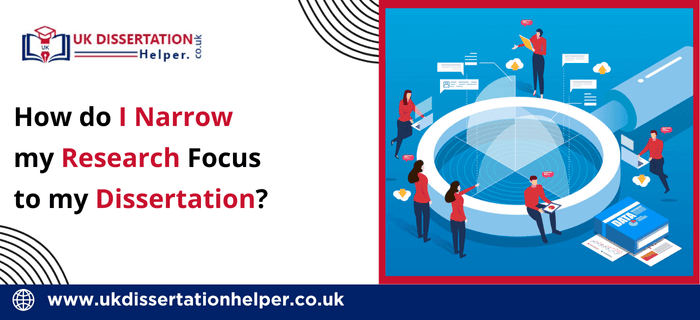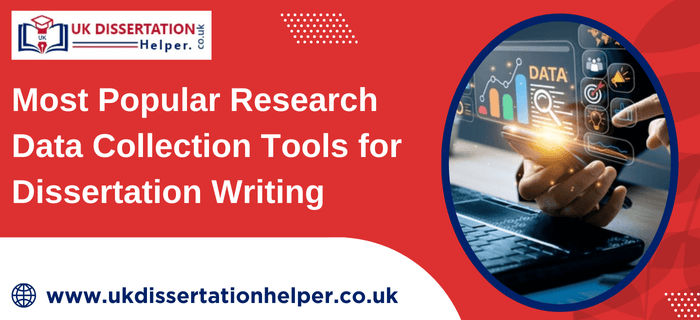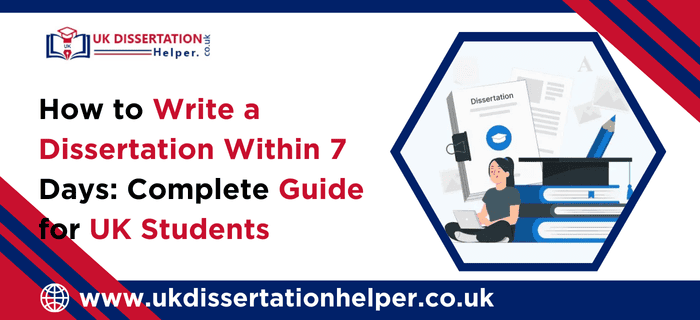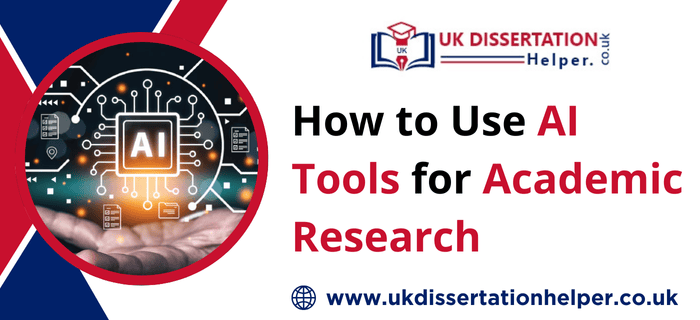
Writing a dissertation means investing much time for good results. It is a lengthy process to bring a relevant and exact outcome for a dissertation topic. But today’s “Z” generation does not have enough time to conduct in-depth research, get the results, and findings, analyse, proofread, and edit.
So, in the search for a solution for less consumption of time “what to do“. But this is the age of advanced technology, where every problem has multiple solutions. To resolve this time-consuming research process there is a solution, emerging technology, and tools such as “AI” (Artificial Intelligence). The most advanced and the future of every profession.
Artificial intelligence has invented many types of advanced AI tools for every industry, business, profession, skill, etc. There are some useful AI tools for chapter wise dissertation help such as Grammarly, Quillbot, Endnote, Turnitin, ChatGPT, and more. This blog provides practical insights into how AI can be effectively utilized for academic research.
Understanding Role of AI Research Tools in Academics
AI helps students to analyse, paraphrase, proofreading & editing, referencing, citations, and organising the data. There are separate AI tools for every specific dissertation work, in some of which are paid or some are free to use.
But it provides data as per the selected package. Paid tools give original, accurate, and comprehensive data with very minor mistakes, on the other hand, free tools provide overview results, not in-depth, and some of them also mention in the terms and conditions that the tools can make mistakes, and check important info properly.
AI tools simplify complex tasks like literature reviews, data collection, analysis, and plagiarism detection. It overall enhances the quality of the assignment. AI allows researchers to focus on critical thinking and innovation.
Benefits of AI Research Tools for Academic Researchers
- AI reduces time consumption and speeds up data analysis and organisation.
- Improve writing quality and eliminate grammar and spelling errors.
- It helps in plagiarism, AI content detection, and citation management.
Selecting the Right AI Tools for Academics
Choosing the right AI tool for your work is important for relevant results. The right source will give the results you want, but the wrong selection of tools will expand your time of research and not provide the data you are looking for.
How to ensure the right AI tools, Consider the following criteria:
- Relevance: Check the tool aligns with your research needs.
- Functionality: Look for features that address specific academic challenges.
- Ease of Use: Opt for user-friendly interfaces and accessible platforms.
Most Popular AI Tools for Dissertation Writing in UK
- Grammarly: Enhances grammar, style, and clarity in academic writing.
- Turnitin: Check the originality of content by checking for plagiarism.
- Zotero and Mendeley: This tool simplifies citation management and bibliographies.
- Google Scholar and Semantic Scholar: It helps find academic papers and research articles.
- SPSS and NVivo: For research data collection and better analysis.
- Hemingway Editor: For improving the data’s writing readability.
AI Tools for Literature Review
A comprehensive literature review of any project is the foundation of the project. AI tools can make this process smoother, faster, and more efficient.
How AI Can Help
The dissertation literature review is one of the most time-consuming chapters of research. But with the help of AI tools, it can streamline this process:
- Discover Resources: To find existing data about the topic, using tools like Google Scholar or Semantic Scholar can be very helpful in identifying relevant academic papers and articles.
- Organize References: Manage your citations efficiently with tools like EndNote or Zotero.
- Identify Trends: AI has a large scope to recognise relevant research, findings, and results. AI tools analyze large volumes of literature to highlight key trends and gaps in research.
Using AI for your literature review means you can ensure thorough coverage of existing studies while saving time. Reviewing the literature is generally tough but with the help of tools and online literature review services, it can be successfully conducted.
AI in Data Collection and Analysis
Data is the backbone of any research, and AI tools are the perfect option for enhancing the quality of search data by analysing, and interpreting.
Quantitative Data Analysis:
- AI tools like SPSS and Excel help researchers to perform statistical analyses efficiently.
- Machine learning models can uncover hidden patterns in large datasets.
Qualitative Data Analysis:
- NVivo aids in analyzing interviews, focus groups, and open-ended survey responses.
- AI-powered sentiment analysis tools provide insights into textual data.
AI ensures precision in data analysis, helping researchers draw meaningful conclusions.
Writing and Editing with AI
Humans can take enough time to write and edit content. But AI tools like Grammarly, and Hemingway Editor can do this job efficiently in a limited time with precision.
- Enhance Clarity
- Correct Errors
- Make it Readable
However, while AI tools are helpful for researchers and writers, only humans can properly ensure the academic tone and originality required in dissertations and papers. As per recommendation, researchers should use AI for refinement, not as a substitute for thoughtful writing, proofreading, and editing. You can get dissertation proofreading help from your peer to increase the human touch and quality of the dissertation.
AI Plagiarism Detection Tools for Academics
The average length of a dissertation is 150-300 pages and to refine a dissertation checking all pages is much time-consuming process. In that case, choosing the right plagiarism checker or detector AI tool can help to save valuable time. Plagiarism checker tools like Turnitin, and Copyspace can detect plagiarism in the content and help you enhance the credibility of your work.
Tips to Avoid Plagiarism When Using AI:
- Use AI-generated suggestions as inspiration, not as final content make changes accordingly.
- Always credit sources accurately.
- Check university guidelines on acceptable AI use.
AI tools can help to refine, find errors, paraphrase, etc. But the academic touch universities want can’t be fulfilled by tools. So making changes in the final copy of the submission is important.
Challenges and Limitations of AI in Research
While AI offers numerous benefits, as we know everything has a limitation and challenges:
- Over-reliance: Completely relying on AI can affect your critical thinking skills.
- Ethical Concerns: AI tools may inadvertently breach data privacy with some commands.
- Accuracy Issues: Don’t rely completely on AI results, sometimes it shows wrong or outdated information; human oversight is essential.
- Cost: Advanced and popular AI tools often require subscriptions, which may not be accessible to all students.
Everything has its own benefits and limitations, at a point, it can’t work, but humans can defeat every obstacle. So, in case you feel a hurdle with your work, choose services like write my dissertation to complete your task on time.
Future of AI in Academic Research
The role of AI is rapidly expanding in every field. The future of AI in academic research is vast. In the future, AI may launch many new softwares, and tools for comprehensive knowledge or accuracy. From automating peer reviews to personalizing learning experiences, emerging technologies promise to revolutionize academia further.
For researchers, students, and writers it will be a helpful and less time-consuming process. Day by day AI also keeps updating and perfect with their results. This will increase its use and make people more defendable on AI tools. But in the future, it depends on universities, whether they allow the use of AI in work or not.
Final Note
AI tools have become the most popular options for academic researchers and students with innovative ways to enhance their work. From simplifying literature reviews to refining writing and ensuring originality, AI helps for every chapter of academic work.
Using AI for writing, proofreading, analyzing, and editing is fine, but completely depending on it can lead to difficulties as well. Because everything has its own merits and demerits. Utilize it sufficiently, and don’t forget to give a human oversight. After all, AI provides you with the data written and researched by humans. AI can be a good option for research.
Checkout our Reviews and Experts Profile, 11000+ Dissertation Already Delivered with Good Grades.Hire Experts for First-Class Dissertation one For You Also.




